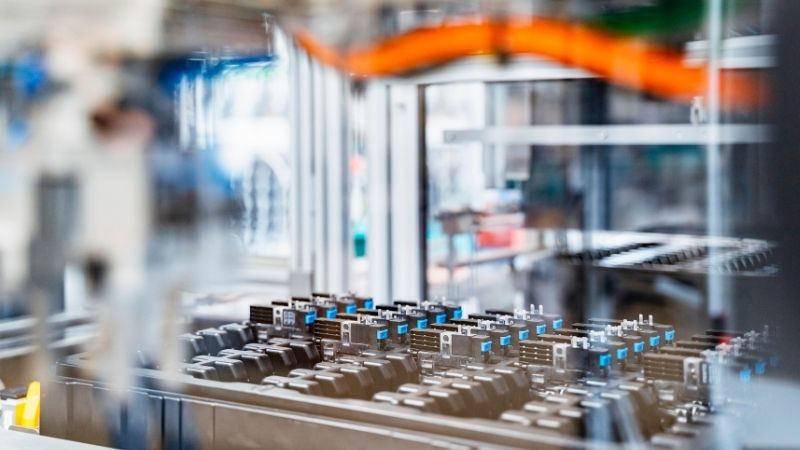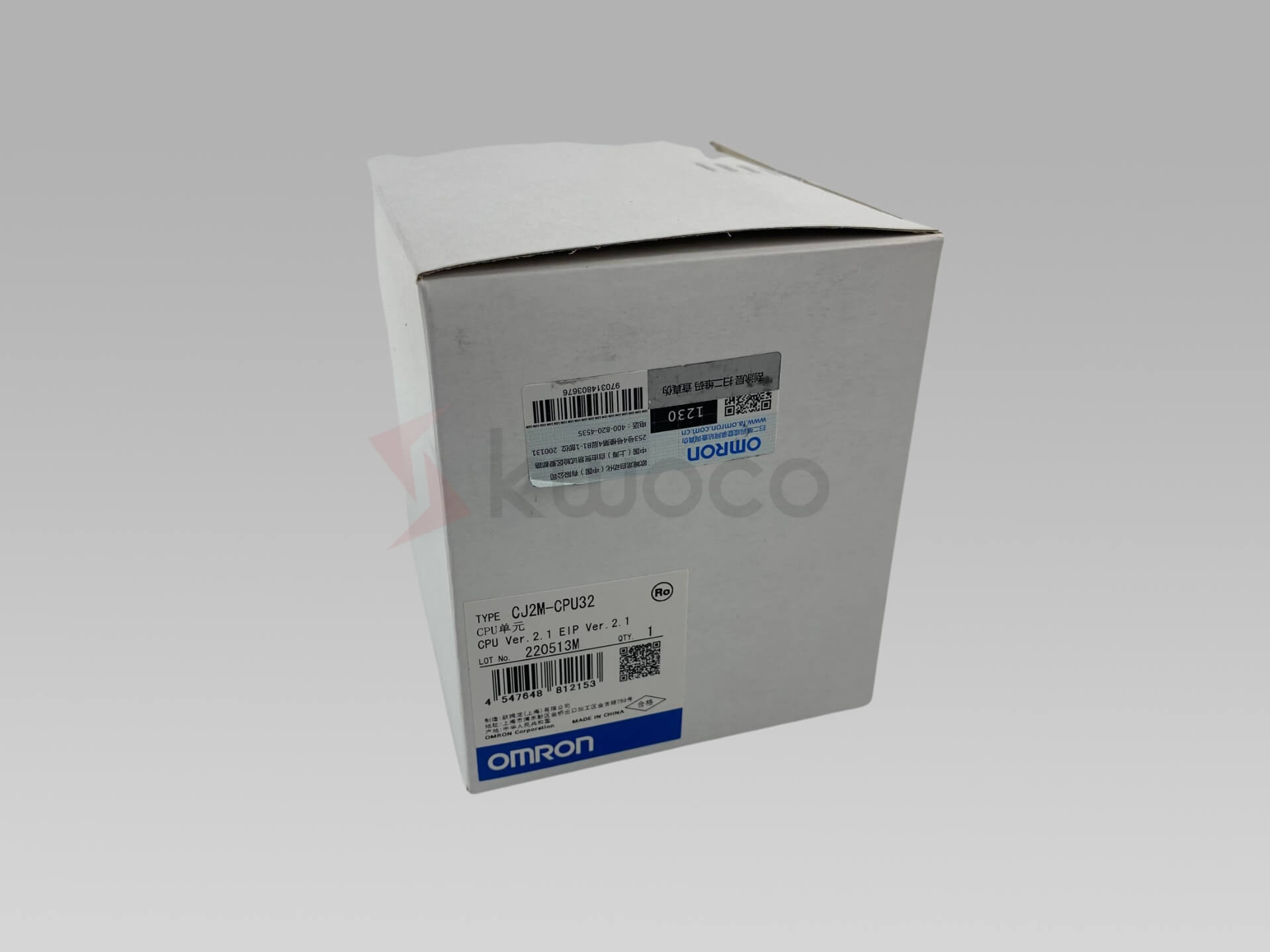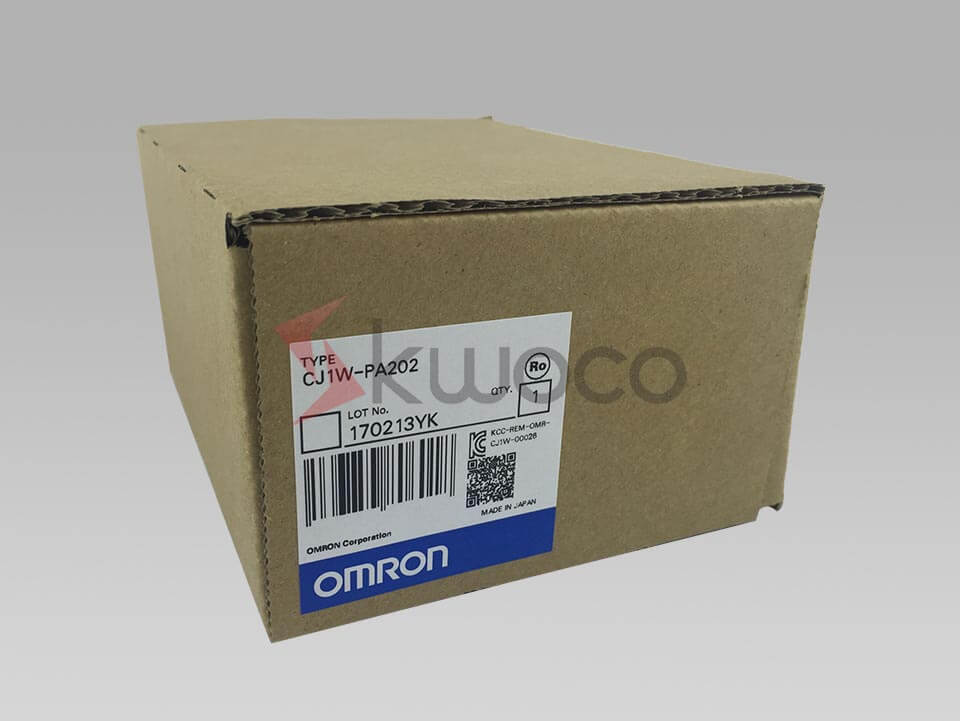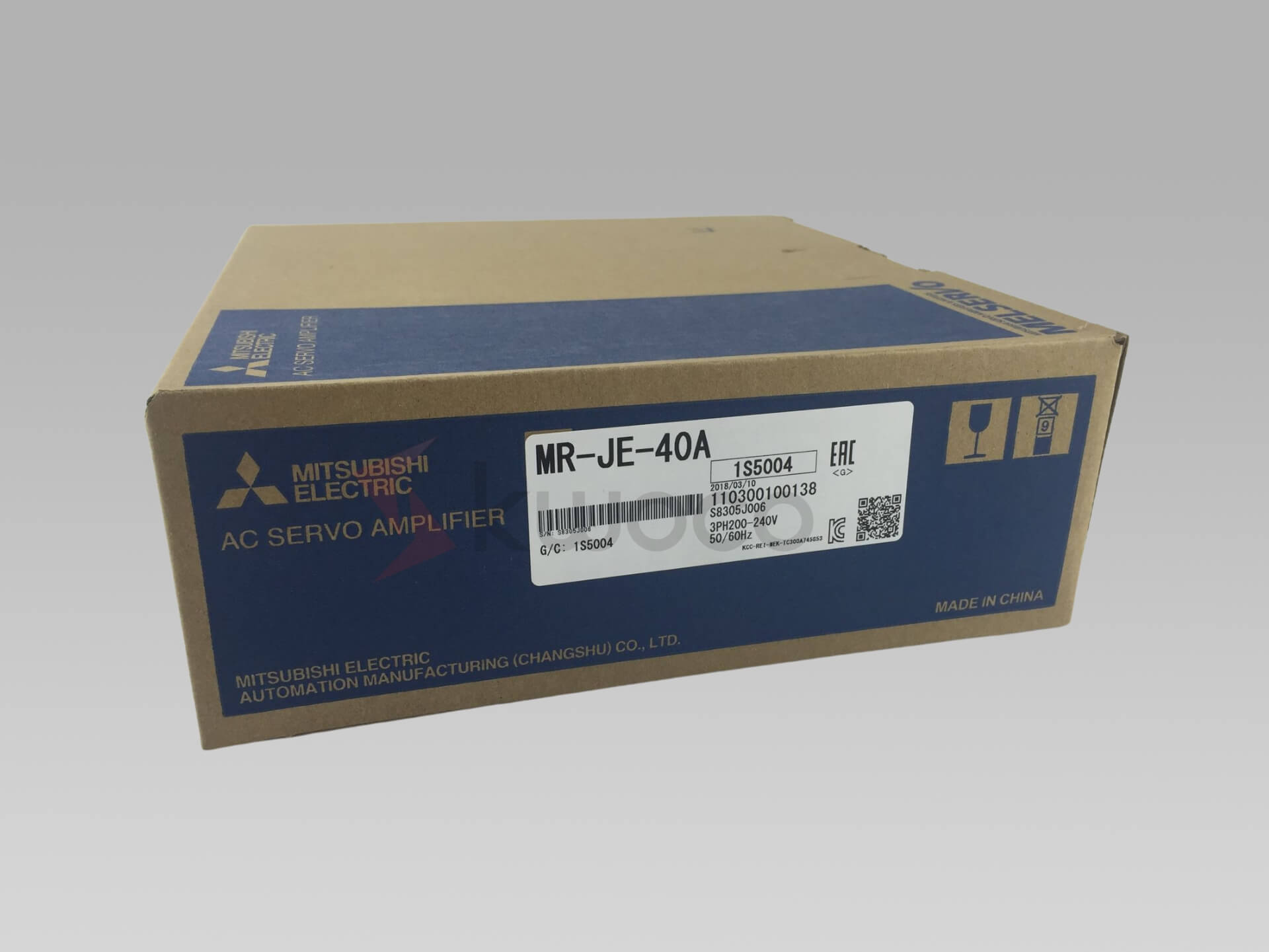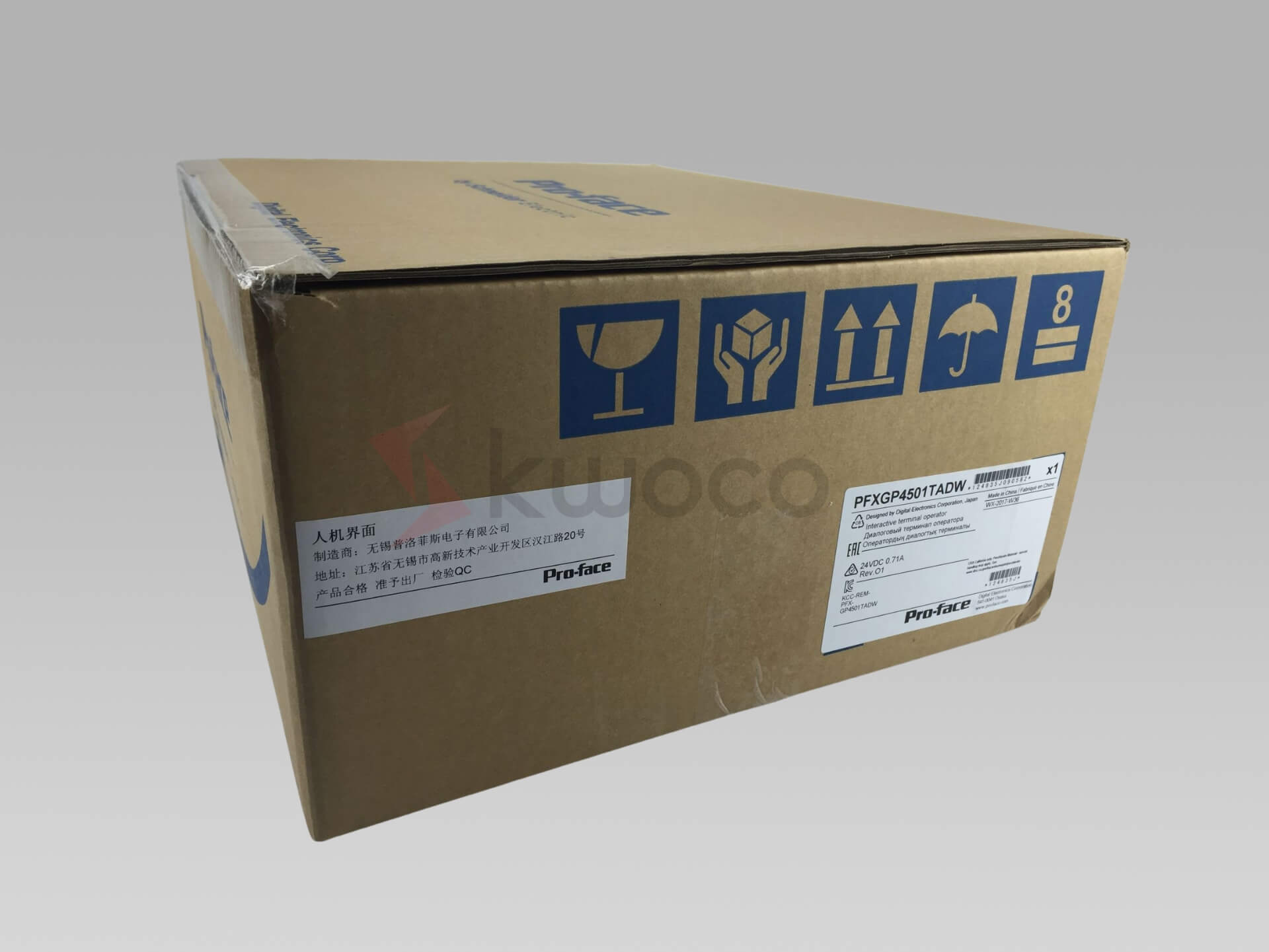¿Cuál es la diferencia entre PLC, SCADA y DCS?
SOCIEDAD ANÓNIMA, SCADA y DCS desempeñan funciones diferentes. Comprender sus diferencias ayuda a optimizar los procesos de producción. PLC es un controlador lógico programable que se utiliza para controlar operaciones específicas; DCS es un sistema de control distribuido adecuado para controlar una fábrica completa; mientras que SCADA es un software que se utiliza para la supervisión y la adquisición de datos.
Tabla de contenido
Comprender estas diferencias puede ayudarle a tomar decisiones más informadas y mejorar la eficiencia de su negocio. Profundicemos en las funciones específicas y los escenarios de aplicación de cada sistema.
¿Qué tan bien entiendes PLC, SCADA y DCS?
PLC (controlador lógico programable)
Un PLC es un dispositivo informático digital diseñado específicamente para la automatización de procesos industriales. Controla dispositivos de salida conectados a través de programas de entrada y se utiliza ampliamente en aplicaciones de mediana a gran escala. Los PLC se utilizan normalmente en sistemas con menos puntos de entrada y salida, adecuados para controlar cientos de entradas y salidas.
DCS (Sistema de control distribuido)
Un DCS es un sistema dedicado que se utiliza para procesos de fabricación continuos o por lotes. Consta de varios PLC potentes que pueden controlar todo el proceso de automatización de la fábrica. Cuando los PLC por sí solos no son suficientes para satisfacer las demandas de control de todo el proceso de automatización, un DCS se vuelve esencial, ya que admite más entradas y salidas.
SCADA (Supervisión, Control y Adquisición de Datos)
SCADA es un software de diseño utilizado para sistemas de control industrial. Permite a los operadores visualizar todo el proceso a través de una interfaz gráfica y acceder y controlar de forma remota los módulos de control locales. Por ejemplo, PLC Omron utiliza CX-Supervisor como su software SCADA, mientras que Mitsubishi PLC utiliza Uniware.
Los sistemas SCADA no solo monitorean los parámetros de proceso de toda la fábrica, sino que también permiten a los usuarios cambiar valores preestablecidos, lo que permite un control más flexible.
Más preguntas relacionadas
¿Qué es más adecuado para las pequeñas y medianas empresas: PLC o DCS?
Para las pequeñas y medianas empresas, los PLC suelen ser más adecuados porque son rentables y fáciles de implementar. Por otro lado, los DCS son ideales para las grandes empresas que requieren sistemas de control altamente integrados y complejos.
¿Cuáles son las principales ventajas de los sistemas SCADA?
Las principales ventajas de los sistemas SCADA residen en su potente capacidad de adquisición y monitorización de datos, pudiendo monitorizar en tiempo real el estado operativo de toda la fábrica, mejorando la velocidad de respuesta y la eficiencia en la toma de decisiones.
¿Cómo mantener y cuidar los PLC?
Para garantizar el funcionamiento estable de los PLC, verifique periódicamente la fuente de alimentación y los puertos de conexión, actualice las versiones de software, haga copias de seguridad de los programas rápidamente y mantenga limpio el entorno del equipo para evitar que el polvo y la humedad afecten al PLC.
¿Cómo se garantiza la seguridad de los sistemas SCADA?
La seguridad de los sistemas SCADA se puede garantizar mediante la implementación de estrategias de protección de múltiples capas, que incluyen cortafuegos, comunicaciones cifradas, controles de acceso y auditorías de seguridad periódicas. Estas medidas ayudan a prevenir el acceso no autorizado y los posibles ataques cibernéticos.
¿Qué factores deben tenerse en cuenta al elegir un DCS?
Al seleccionar un DCS, tenga en cuenta la escalabilidad del sistema, la compatibilidad, el soporte del proveedor, el tiempo de respuesta y la estabilidad del sistema para asegurarse de que pueda satisfacer las necesidades de producción actuales y futuras.
Potencie sus proyectos con PLC Omron, Mitsubishi y Schneider nuevos y originales: ¡en stock y listos ahora!
Conclusión
Comprender las diferencias entre PLC, SCADA y DCS es fundamental para optimizar los procesos de automatización industrial. Elegir el sistema adecuado no solo puede mejorar la eficiencia de la producción, sino también garantizar la calidad y la confiabilidad. Si tiene alguna pregunta, no dude en comunicarse con nosotros a [email protected]. Nos comprometemos a brindarle soporte técnico y soluciones profesionales.
Contáctenos
Simplemente complete su nombre, dirección de correo electrónico y una breve descripción de su consulta en este formulario. Nos comunicaremos con usted dentro de las 24 horas.
Categoría de producto
Productos en oferta
También te pueden interesar estos temas
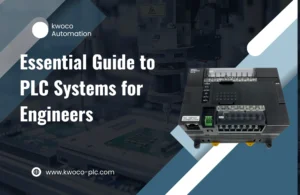
Guía de selección de PLC Omron para gerentes de proyectos
Guía de selección de PLC Omron para gerentes de proyectos Todo gerente de proyectos enfrenta el desafío de seleccionar el PLC (controlador lógico programable) adecuado.
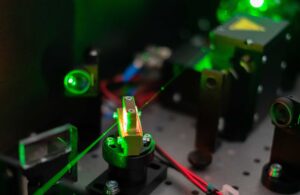
¿Los sensores fotoeléctricos necesitan reflectores? Perspectivas de expertos
Una pregunta que surge con frecuencia es: ¿un sensor fotoeléctrico necesita un reflector? La respuesta no es un simple sí o no, depende del tipo de sensor y de los requisitos de la aplicación. Profundicemos en los detalles para aclarar este tema.
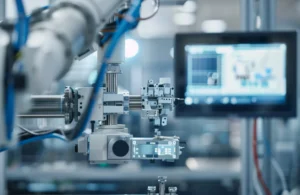
Los 6 principales fabricantes de HMI en automatización industrial
Los 6 principales fabricantes de HMI en automatización industrial Como ingeniero en Kwoco con años de experiencia en la automatización industrial

